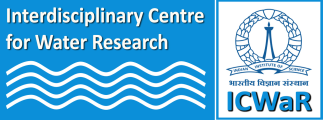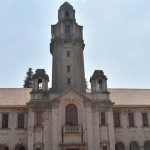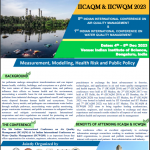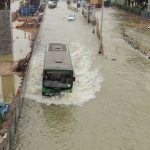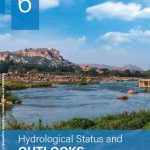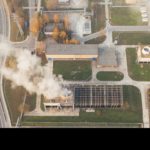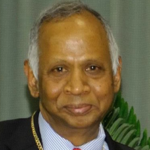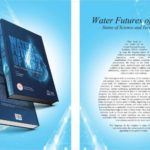Numerical Modelling of Ozone Transfer and Microbial Inactivation for Wastewater Treatment
| Name of the Speaker | Ms. Reshma Mohan |
| Title of the Seminar | Numerical Modelling of Ozone Transfer and Microbial Inactivation for Wastewater Treatment |
| Date &Time | 31st October 2019 – Thursday – 4.00 PM |
| Venue | Lecture Hall, ICWaR |
Abstract: Ozonation is currently considered as one of the most effective microbial disinfection technologies due to its powerful disinfection capacity. The solubility of ozone gas in water is limited, once dissolved, aqueous ozone engages in complex chemistry that includes auto-decomposition reaction with various constituents in water, in addition to reaction with microorganisms. The two widely accepted mechanism of aqueous ozone chemistry include Hoigne, Staeholin and Bader mechanisms and Gordan, Tomiyasn and Fukuton mechanisms. In efforts to meet drinking water regulations and to be cost-effective, it is required to optimize ozone dosage for disinfection. Therefore, there is a need to develop a robust and flexible tool to accurately describe ozone disinfection processes which can aid in design and operation. Computational fluid dynamics (CFD) has come into use recently for evaluating disinfection systems. A multiphase CFD model is developed to analyze the efficiency of ozone disinfection technology used in treatment of greywater in Berambadi primary school located in Berambadi village (rural Karnataka). The mass transfer of ozone species from gas into water is modeled using the Two-Film theory developed by Lewis and Whitman (1924). While the microbial inactivation kinetics by ozone reaction is modeled using the Hom-Haas Model. Transport equations for ozone mass transfer and reactions are incorporated to the multiphase CFD model (with the grey water as the primary phase and ozone as secondary phase). The developed multiphase CFD model is planned to be validated by comparing the numerical and experimental local ozone residual concentrations.
Date/Time
Date(s) - 31/10/2019
12:00 am - 4:00 pm
